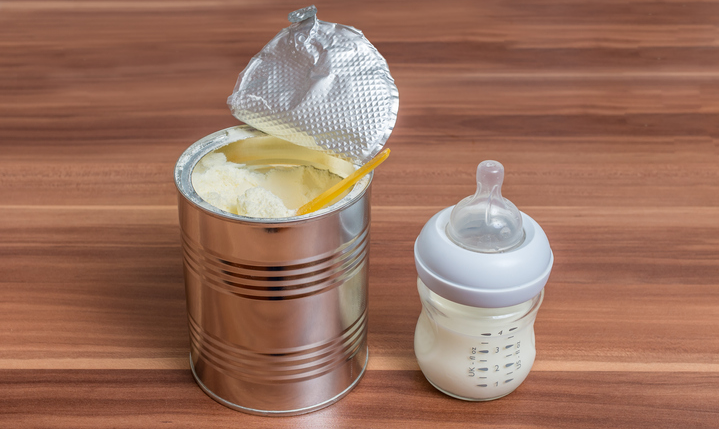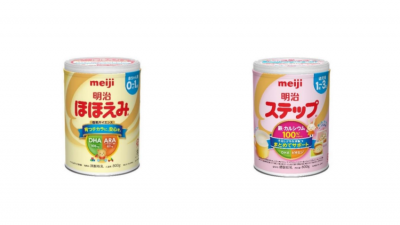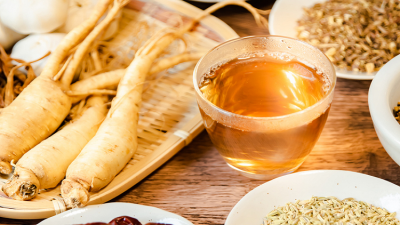Korean infant formula market: Domestic products reign, while Germany tops imported list

This is according to a report released by the Korean Consumer Agency (KCA) in February.
The report was based on an online survey involving 500 respondents conducted in October last year.
According to the report, 51.6 per cent of the respondents had bought domestically produced infant formulas in the last six months.
For the remaining respondents, one in five bought products from Germany, 13 per cent from New Zealand and 4.6 per cent from the Netherlands.
The report noted that there was an increase in the purchase of imported products, despite a declining birth rate.
Citing data by the Ministry of Agriculture, Food and Rural Affairs, it said that the domestic production of powdered milk in 2020 was down 24.5 per cent yoy, but imports had climbed 4.6 per cent.
Prices
While domestically produced products were cheaper than imports, the imports from Australia and Germany were becoming more competitive.
For instance, the average selling price of locally produced infant formula was KRW$36k (US$29) per kg in June 2021, up 0.3 per cent from 2020 and 1.9 per cent from 2019.
On the other hand, a marked reduction was seen in imports from Germany, where the average selling price per kg was down 10.8 per cent from 2020 to KRW$42k (US$34) in last June.
Similarly, imports from Australia were 10.8 per cent cheaper yoy, selling at the average price of KRW$37k (US$39) per kg – comparable to locally made products.
South Korea and the European Union’s free trade agreement has been provisionally applied since 2011.
However, the report noted that the price cuts was depending on the country of origin.
For instance, The Netherlands, was bucking the trend with average selling price up 6.8 per cent from year 2020 to KRW$46k (US$37) last June. This was also 11.9 per cent higher than the prices in 2019.
Ireland had the most expensive products – with average selling price at KRW$69k (US$56) per kg – an amount which left unchanged in the past two years.
A majority of the mothers (74.6 per cent) bought the formulas from online shopping malls, followed by large discount stores (12.8 per cent).
Impact of mothers’ age
Mothers who gave birth at an older age tend to prefer premium products.
“As the age of first childbirth increases, mothers in their early 40s prefer premium products compared to the other age groups.
“The purchase rate of organic and goat’s milk is also higher,” said the report.
One in two mothers between 40 and 45 years old said they had bought premium infant formulas and planned to do so in the future.
In contrast, this was the case for 34 per cent of the mothers between 35 and 39 years old, and 37.9 per cent of those between 30 and 34 years old.
While the regular infant formula was the mainstay, 25 per cent and 10 per cent of mothers in their early 40s had bought organic milk and goat’s milk respectively.
In comparison, the purchase rate of organic milk was 21.6 per cent (35-39 years old), 19.7 per cent (30-34 years old), and 23 per cent (25-29 years old).
The uptake of goat’s milk was the lowest amongst mothers aged 35 to 39 – with only 3.1 per cent said they have bought the product. The purchase rate was higher for mothers between 25 and 29 years old at six per cent and four per cent for mothers aged 30 to 34.
In 2020, the average age of women who gave birth was 33.1 years old.
Why a certain product?
The most common reason for choosing a product was because the child had consumed the product well, according to 44.4 per cent of the respondents.
Only one in five (20.6 per cent) was concerned with the nutritional content of the product.
Another 9.6 per cent chose a product that’s deemed as safe, while 6.8 per cent chose a product that was most similar to breast milk.

















